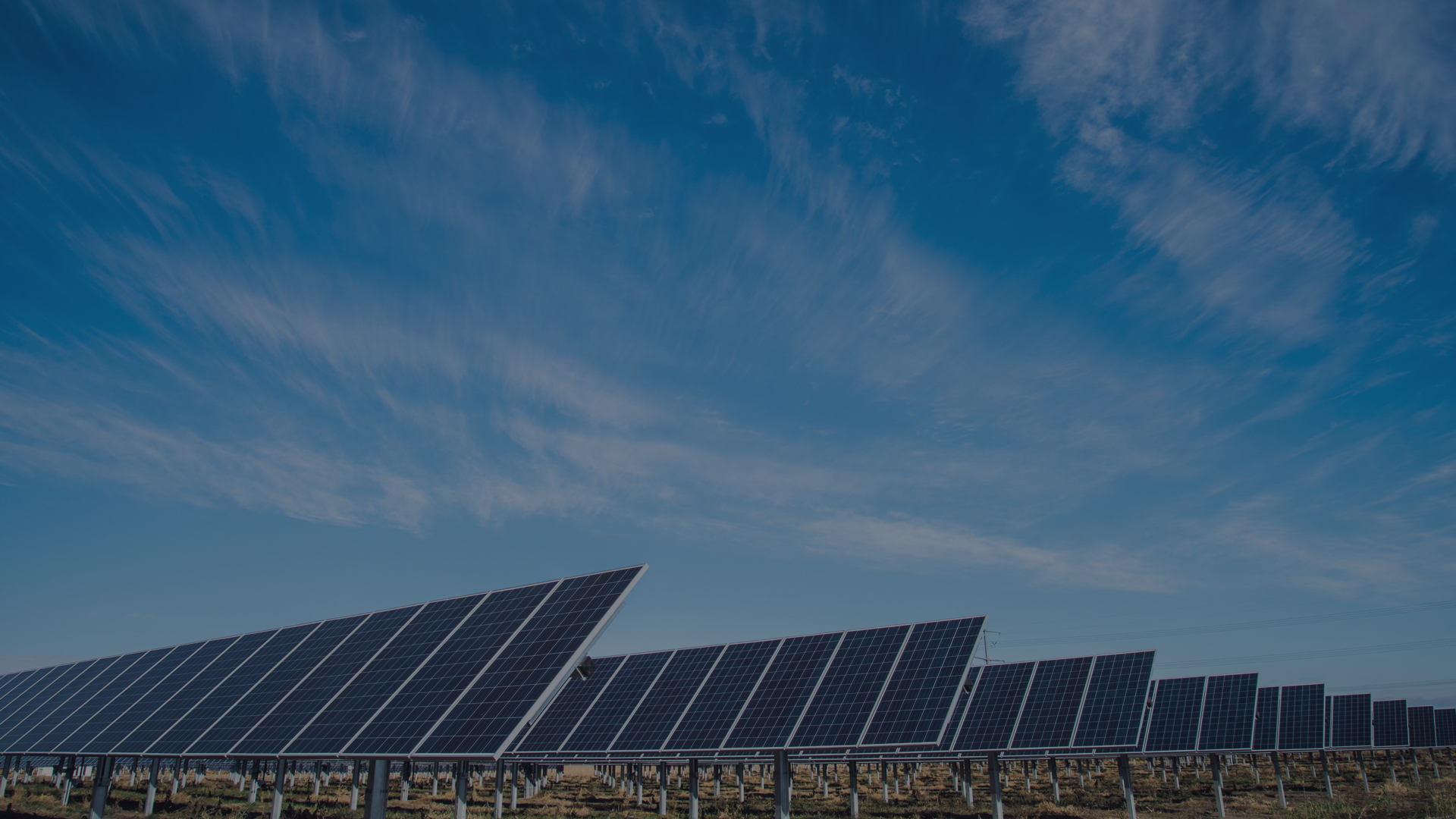Mayor of Bristol George Ferguson is set to reveal plans for the city to become the UK's first 'solar capital city'.
The group Bristol Solar City is behind the scheme, which has set out to install 1GW of photovoltaic panels in the city by 2020. It has been suggested that this will make Bristol the UK capital when it comes to solar technology.
An announcement is expected on July 21st, with the launch of a three-day solar city event. Visitors will celebrate solar energy forms and will be able to visit a 'Solar Pavilion', where they can learn about solar power and the new initiative from Bristol Solar City.
Furthermore, tips will be given about how to effectively reduce the amount of energy used in the home.
Chair of Bristol Solar City James Lancaster said: “While this may seem an ambitious task, Bristol is well placed to meet the challenge. Bristol has shown itself to be a leader in sustainability and renewable technologies; we’ve been in the top five of the UK’s Greenest Cities for the last six years and are shortlisted to be European Green Capital 2015.
"Bristol is also the sunniest of the UK’s major cities; we have a reputation for making things happen in our communities."
In the first day of the Solar City Event, businesses will be able to watch presentations from Bristol City Council, Bristol Energy Network, The National Solar Centre and West of England Local Enterprise Partnership. It is hoped that a lunch event will also help local businesses to network with leaders of the project and potentially get involved.
The following two days will be open to communities and families, who will be able to look into possibilities for community-based solar schemes, as well as domestic DIY solar projects and the potential for energy efficiency in their property.
Kerry Burns, founder of Bristol Solar City, said: “As energy prices continue to rise, generating our own clean green energy would provide energy security and economic stability as a city, as well as helping to reduce the bills for homes and businesses across the region.
"It would also reduce our collective carbon emissions by 460,000 tonnes each year, create local jobs, and develop businesses in the region and provide a lasting legacy for generations to come."
